For kitchen professionals, maintaining the kitchens tools is crucial for ensuring top-notch performance and hygiene. One item that often requires special attention is the commercial cast iron stove grates. This guide will delve into how to clean commercial cast iron stove grates, presenting proven techniques, maintenance tips, and the importance of keeping them in pristine condition.
Cast iron grates are favored in commercial kitchens for their heat retention and durability. However, regular use can lead to accumulation of grease and food residues that, if not addressed, can affect the performance of the grates and the flavor of your dishes. Lets explore how to effectively maintain these essential kitchen components.
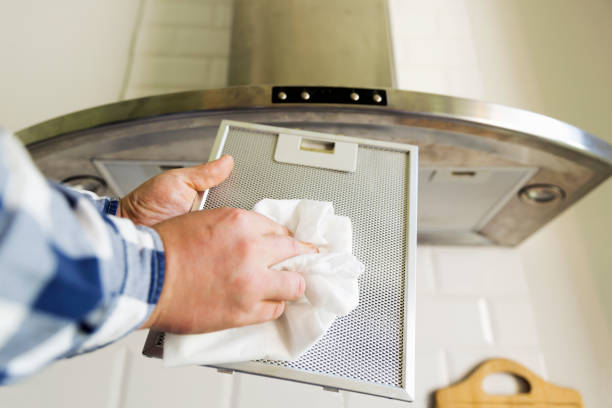
Importance of Cleaning Cast Iron Stove Grates
Regular cleaning and maintenance of your cast iron stove grates are not just about aesthetics. Keeping your grates clean can:
- Prevent rust and corrosion.
- Ensure food safety by removing bacteria.
- Prolong the lifespan of the grates.
- Maintain an even cooking temperature.
Gathering Your Cleaning Supplies
Before diving into the cleaning process, gather the necessary supplies for effective cleaning:
- Stiff-bristle brush or grill brush
- Hot water
- Dish soap
- Vinegar (for stubborn stains)
- Cooking oil (for seasoning)
- Spray bottle (optional)
Step-by-step Guide to Cleaning Commercial Cast Iron Stove Grates
Follow these steps to clean your cast iron stove grates effectively:
1. Remove the Grates
Safety first! Ensure the stove is turned off and completely cooled down. Carefully remove the metal grates from the stove.
2. Scrape Off Food Residues
Use a stiff-bristle brush or grill brush to scrub away any food particles and debris. For tougher residues, you may need to soak the grates in hot water for a few minutes to loosen them.
3. Wash with Soap
Prepare a solution of hot water and a few drops of dish soap. Clean the grates thoroughly using a sponge or brush, ensuring that you reach all corners.
4. Rinse and Dry
Rinse the grates well with hot water to remove the soap. It's crucial to dry the grates immediately after washing to prevent rust from forming.
5. Seasoning the Grates
Once completely dry, apply a thin coat of cooking oil to the grates using a clean cloth. This helps to maintain a non-stick surface and prevent rust.
Dealing with Stubborn Stains and Residues
If you encounter persistent stains or grease buildup which the basic cleaning cannot remove, you may consider the following additional methods:
1. Vinegar Soak
Soak the grates in a vinegar solution for a few hours. The acidity of the vinegar will help dissolve stubborn stains.
2. Baking Soda Paste
Mix baking soda with water to create a paste. Apply the paste to the stained areas, let it sit for 30 minutes, and scrub gently.
Safety Precautions
When cleaning cast iron grates, always prioritize safety:
- Ensure the stove is cool to avoid burns.
- Use gloves if sensitive to cleaning agents.
- Never soak the grates in water for extended periods, as it can cause them to rust.
Ongoing Maintenance Tips
To keep your grates in optimal condition, consider the following maintenance tips:
- Regularly clean after each use to prevent buildup.
- Store them in a dry area to avoid moisture.
- Re-season periodically to maintain their non-stick qualities.
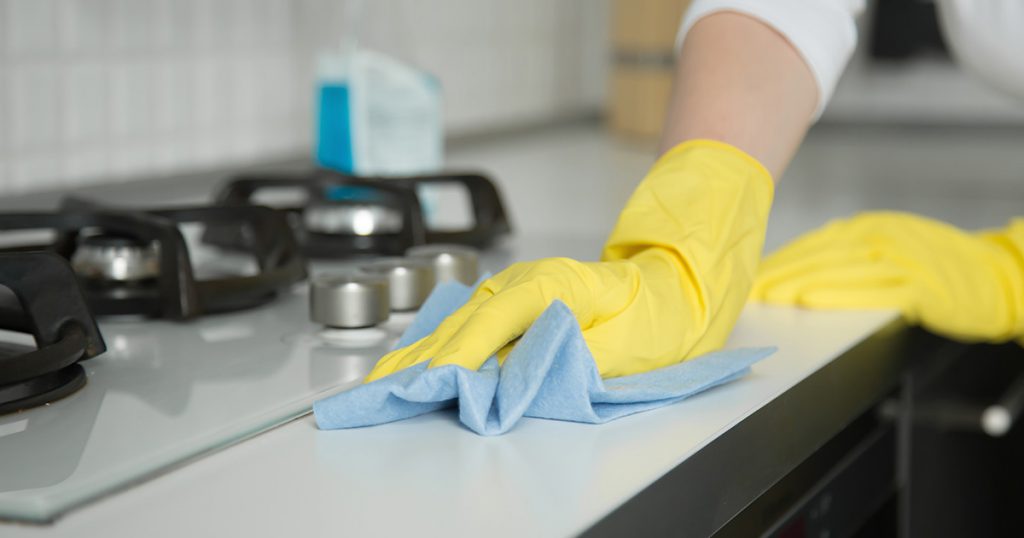
FAQs
1. How often should I clean my cast iron stove grates?
Its advisable to clean them after each use to avoid unwanted buildup and maintain food safety.
2. Can I use harsh chemicals on cast iron grates?
No, it's best to avoid harsh chemicals as they can strip the protective layer and damage the seasoning.
3. What should I do if my grates become rusty?
You can scrub the rust off with steel wool and re-season the grates to restore their surface.
For more tips on using cast iron products, visit how to derust cast iron. For cooking tips, you might find cooking scallops quite helpful. Remember, maintaining your commercial kitchen tools keeps operations running smoothly and ensures high-quality food production.
When it comes to how to clean commercial cast iron stove grates, a consistent cleaning routine is the key. Happy cooking!
This article contains affiliate links. We may earn a commission at no extra cost to you.

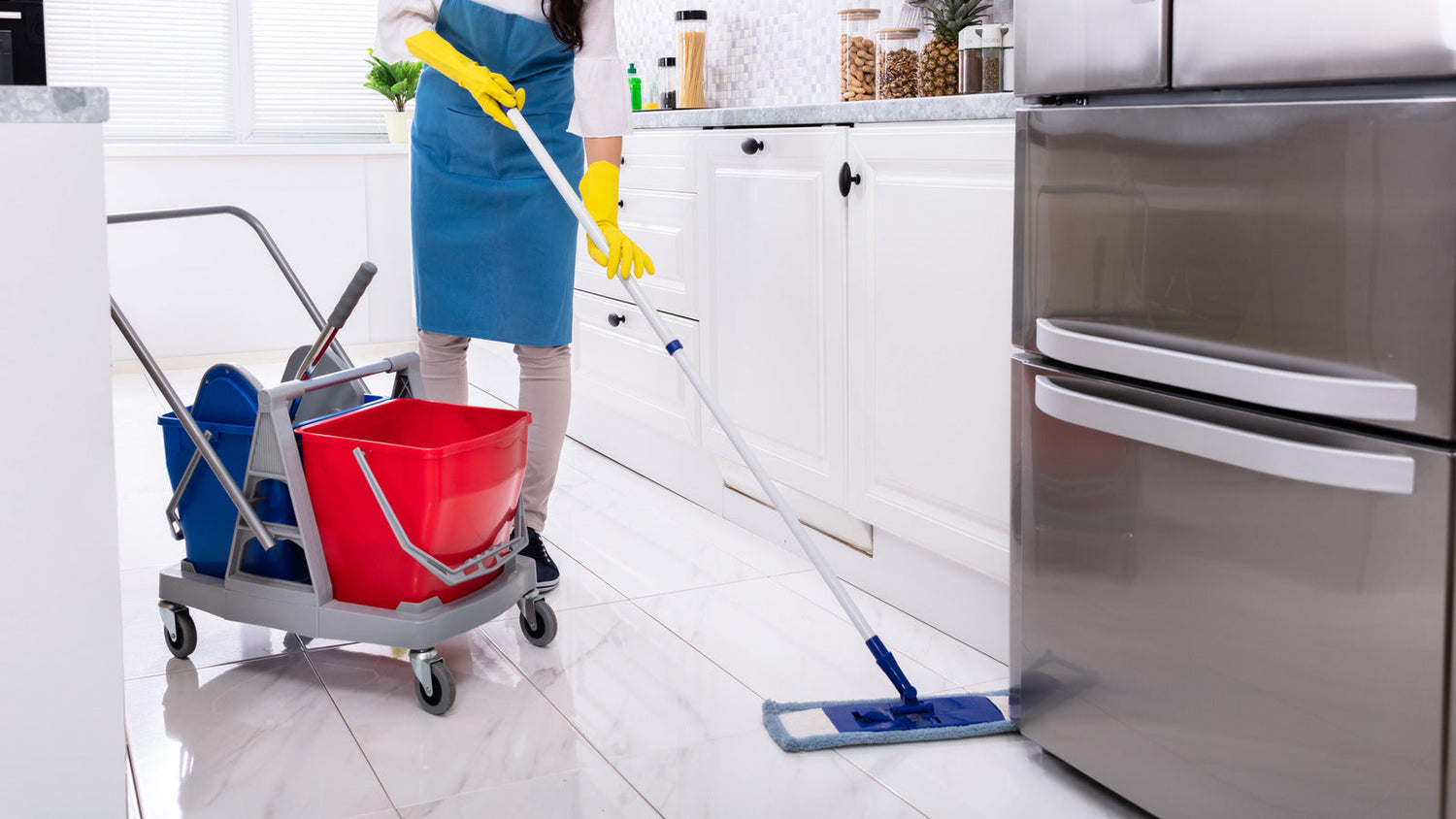


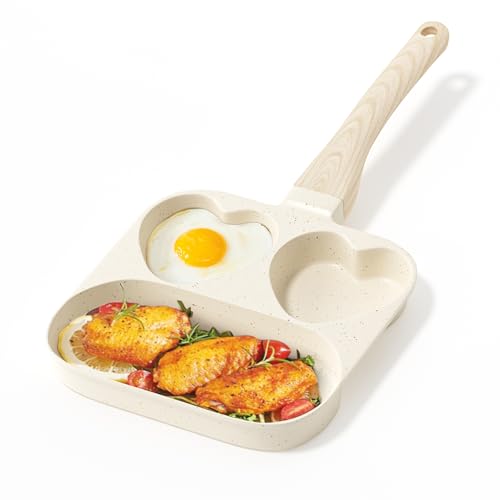
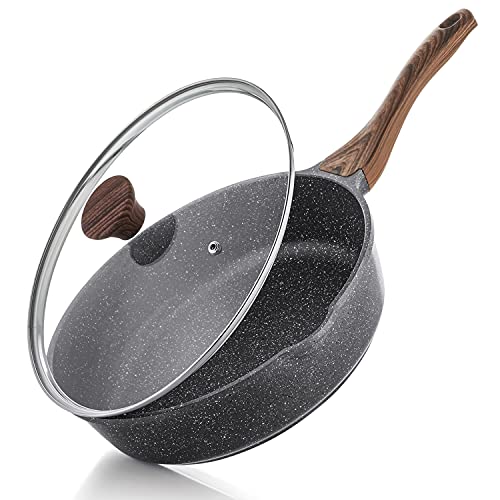
Leave a comment
This site is protected by hCaptcha and the hCaptcha Privacy Policy and Terms of Service apply.